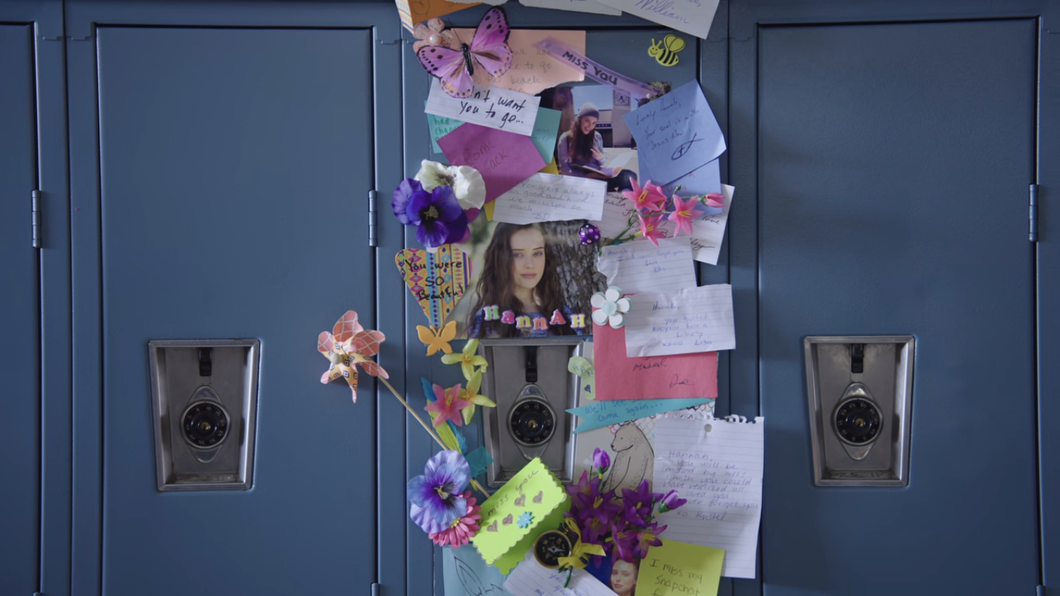In case you didn't know, September is National Suicide Prevention Month, and Sept. 9 - 15 of this year was National Suicide Prevention Week (in America).
Now to be completely honest, I didn't even know what QPR was before this month.
QPR stands for "Question, Persuade, Refer," and in the light of suicide prevention awareness week/month, my school held a series of these QPR training sessions for faculty and students alike. The purpose of QPR is to aid someone who is contemplating suicide.
Notice how I said "aid" rather than "save"? Those who are QPR Certified should not feel personally responsible for "saving" anybody in that state of mind.
Their purpose is more to listen to and support those who are hurting and to refer them to a professional when necessary.
I may only be a student, and therefore I may not have enough life experience or proper judgment to help somebody who is considering taking their own life, but, I am a student.
If another student is the one suffering, they may be more likely to go to a peer than an adult. I have talked people out of self-harm in the past, and I'm a good listener, which is sometimes all they may need.
One easy step we can and should take towards preventing suicide is simply talking about it; not making it such a taboo topic. When we choose to talk about suicide, we put a name to something that those suffering may not be able to put a name to themselves.
This alone can help people feel less alone in the matter.
One really important thing I learned from this training was that by directly asking someone if they are contemplating suicide, you are not putting the idea in their head if they weren't already thinking about it.
It's better just to ask straight up and risk feeling like you're overstepping than to beat around the bush or ignore the signs and risk losing that person entirely.
It will probably feel weird and wrong, but it is one of the best courses of action to take.
Expansion of resources and of safe and healthy outlets to turn to in a crisis is another positive stride towards reducing suicide rates.
Singers have shared their experiences with mental health through their music and overall, media's portrayal of mental health and suicide feels more realistic, which could also help people feel less alone.
If you or someone you know is struggling with thoughts of suicide, reach out to someone you trust or call the 24/7 Suicide Prevention Lifeline at 1-800-273-8255.



















